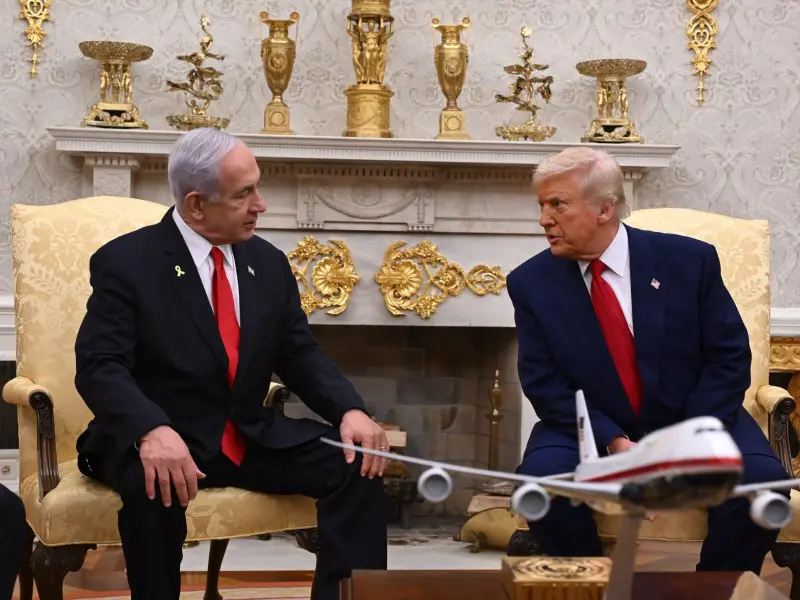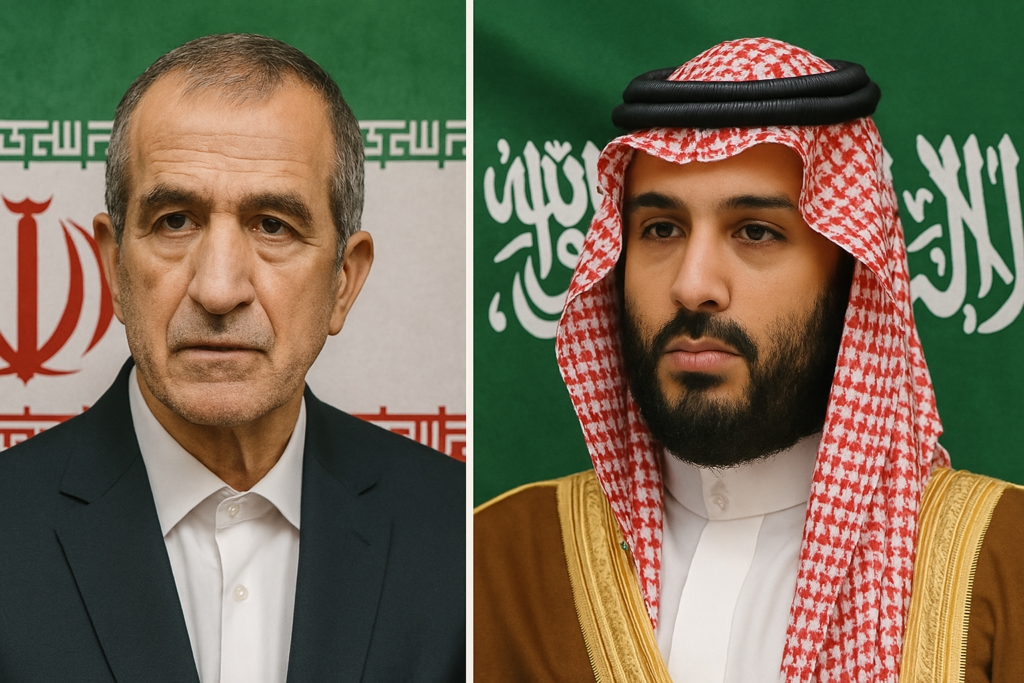Israeli Defense Minister Israel Katz confirmed today that Jerusalem has delivered a direct warning to Ahmed al-Sharaa (Abu Mohammed al-Julani), Syria’s new interim president and former jihadist warlord: any action that threatens Israel’s security will be met with overwhelming retaliation.
“If he [Julani] allows any actor to alter the situation in Syria in a way that threatens Israel, he will pay heavily,” Katz stated.
The warning, reportedly communicated through discreet diplomatic and intelligence channels, comes amid increasing concerns that Julani—once the leader of the al-Qaeda affiliate Jabhat al-Nusra and now head of Hay’at Tahrir al-Sham (HTS)—is working to reshape Syria’s power structure while courting Islamist allies like Turkey and potentially reviving militant activity near Israel’s northern border.
Israel Draws a Red Line in Post-Assad Syria
Since the collapse of the Assad regime in late 2024, Israel has closely monitored the shifting dynamics inside Syria. While Israeli operations over the past year dismantled much of Iran’s military presence, a new threat is emerging as various factions—including HTS under Julani—jockey for control of the vacuum.
Israeli intelligence officials say Julani is attempting to rebrand himself as a political figure while preserving his jihadist infrastructure. His ties with Turkey, and possible foreign military support near Homs and Palmyra, are viewed as serious potential threats to Israeli operational freedom in Syria.
“We’ve spent a year removing Iran’s claws from Syria,” a senior Israeli official told The Middle East Observer. “We will not allow them to be replaced by a so-called reformed jihadist.”
Strategic Deterrence Through Clarity
Katz’s message to Julani is part of Israel’s broader strategy of preventive deterrence—sending clear, early warnings to prevent future conflict and establish the limits of acceptable behavior. Israel has consistently maintained that it will not tolerate foreign forces—be they Iranian, Hezbollah, or Turkish proxies—entrenching themselves near its borders.
This is not Israel’s first public warning to Julani. But the current statement carries new weight amid rising reports that Turkey may be seeking to establish a military base in Syria with Julani’s approval—a development Israel sees as both illegal and dangerous.
A New Syria, But the Same Security Doctrine
While the fall of Assad was seen as a blow to Iran’s regional ambitions, it has also created a more complex and unpredictable battlefield. Julani’s rise has given Islamist factions a veneer of legitimacy they never had under the old regime.
Israel, however, remains unmoved by superficial political transformations. As Katz’s message makes clear, the identity of Syria’s leader matters less than their willingness to respect Israeli red lines.
Defense Minister Katz’s message is not a diplomatic nicety—it’s a military warning. If Julani allows foreign actors or armed groups to operate in Syria in ways that endanger Israeli civilians or limit IDF freedom of action, the consequences will be swift and severe.
The Iron Swords War may be focused on Gaza, but Israel is watching the north just as closely. And it is making one thing clear: Syria’s future will not be written at Israel’s expense.




